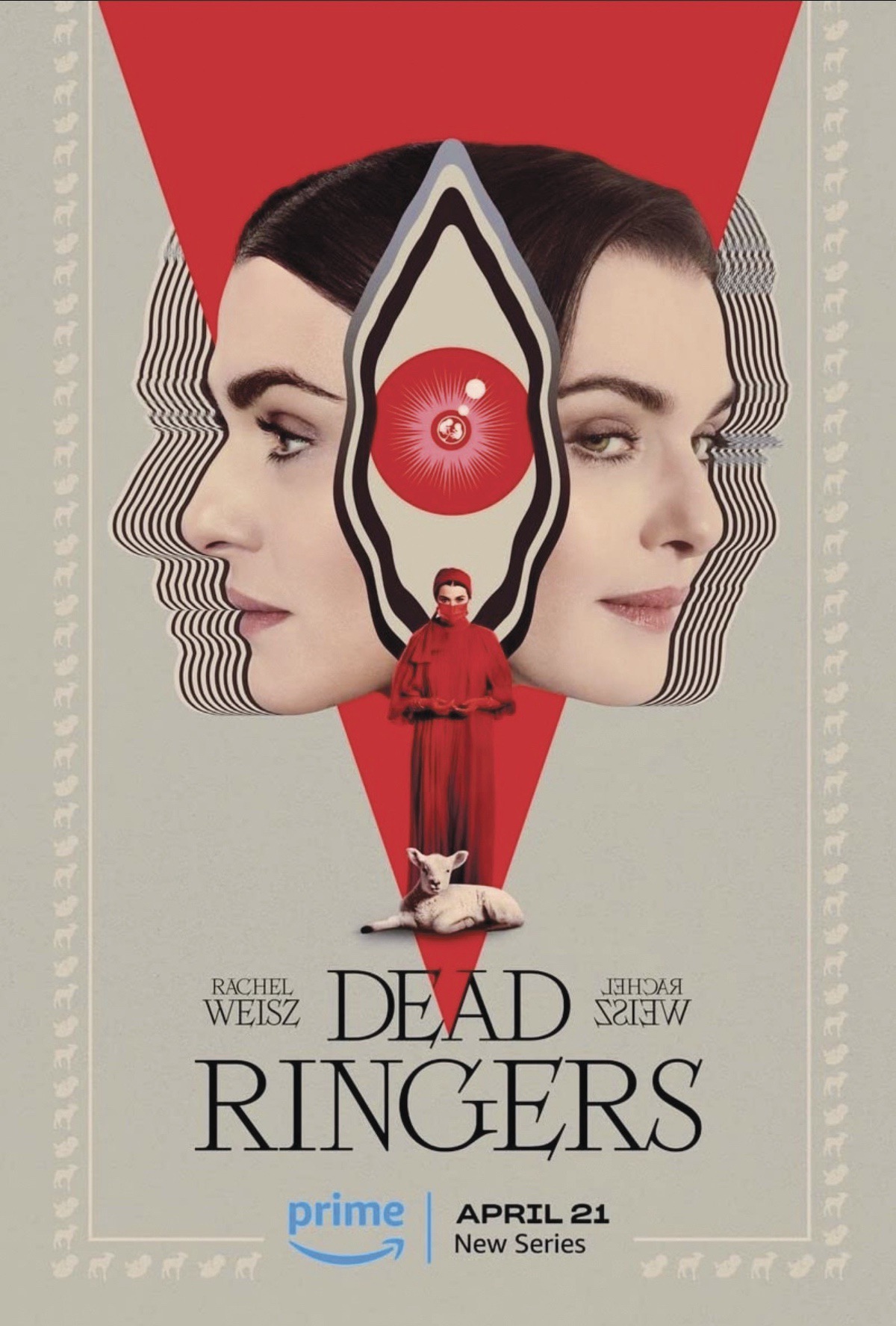Have you ever listened to a song and been transported to another time in your life? The pull of memory is one of the most powerful tools on which media thrives. Every thirty years, a new phase is rehashed with goals of reeling generations with wistful longing. The allure of our past youth shoved in our faces in hopes of attaining our attention and our wallets. Some, though, are created by those who remember it and want to reflect on as we would but in art. While conglomerates utilize it in more shameless ways. Let’s sort through some of these.

On Apple TV Plus, City on Fire presents the story of interconnected people in New York City in 2003. As the show opens, it is July 4 and a young college student has been shot in Central Park. Framing the tale as its central mystery, each episode moves closer to who and why this was done to her. So far, so good. That said, there is way too many intersecting threads to clearly understand what they all mean to each other.
Jemima Kirke plays Regan, part of a wealthy real estate family whose husband has had an affair with our victim. Her brother, William, is estranged and living with his boyfriend Mercer who just so happens to work at the prep school where Regan’s children attend. He has a drug problem that she and Mercer try to help him out of. William used to front a rock band which the victim was a fan of. The current frontman Nick commits arson around the city at the behest of Regan’s uncle. See where I am going with this?
This type of sprawling mosaic works well in literary fiction, since this is based on a debut novel. But much like its source material, it all comes off a bit muddled. Interesting still is the decision to change the timeline from the 1970s punk era to the post-9/11 indie rock scene. The creators grasp with those evocative music cues and Urban Outfitter aesthetic. The intention should work on me, but it feels more pandering than sentimental.
Over on Amazon Prime, a different form of reminiscence has taken place. And it is anything but schmaltzy. Dead Ringers is, in the grand tradition, a reworking of a film into a miniseries. Here Sean Durkin is reimagining David Cronenberg’s 1988 film about twin gynecologists. Still present is the body horror that made the movie so visceral. Rachel Weisz plays both Beverly and Elliot as two sides of the same coin. The more muted, docile sister complimented by the more chaotic and vivacious.
Gone are the politics of male power over women and replaced with a more nuanced discussion of reproductive rights and medical ethics. Durkin and co. are more interested in the dynamics between both sisters and their function towards each other. The actions of one spur the other, showing every psychological tic and complex emotion. And Weisz sells it.
Her performance is pivotal to this series’ success. They want to create a birthing center to help women but they also want to push the limits at which the science can go. Elliot pushes a bit too far and Beverly tries to dial it back. Jennifer Ehle pulls focus in every scene as a Sackler-like benefactor, a far cry from Pride and Prejudice. A subplot involving a housekeeper leads to a truly cathartic conclusion.
Karyn Kusama’s fifth episode as well the fourth episode where we meet the twins’ parents are stand outs. The 80s music isn’t a distraction as they augment the tone in each closer. Flashbacks come and go without context; this series doesn’t hold your hand. By the end I was asking: How can something be so touching, sad and horrifying at the same time? Certainly not for the faint of heart, go into this with an iron constitution and an empty stomach. The only thing mushy here are the births; don’t say you weren’t warned.




